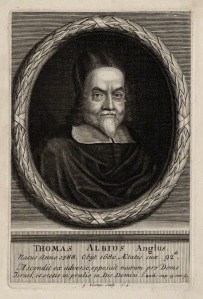Over at East Anglian Catholic History Centre I have been blogging the 2014 Catholic Record Society Conference, which ran from Monday to Wednesday this week. Rather than repeating myself here, I will just say that the Conference, at Downing College, Cambridge, was an excellent one. It was especially encouraging to see more and more younger speakers and more and more younger members (and Council Members) of the CRS, which certainly won’t survive unless a new generation replaces the present stalwarts of the Society. When I first attended a CRS Conference in 2005 I was one of only a handful of delegates under 60 (never mind under 30) and the only one who was a member; luckily times have changed.
Highlights of the conference included papers by Dr Victoria van Hyning, Dr Emilie Murphy and Katie McKeogh, as well as Dr Anne Dillon’s announcement that Recusant History (now British Catholic History) is going to be published by Cambridge University Press. This is a striking endorsement of the study of post-Reformation English Catholicism as a mainstream and exciting area of academic study by the most prestigious press in the world.
The Conference concluded with a visit to Ely led by me, at which I showed members the Bishop’s Palace and explained the building’s history as a prison for recusants in the sixteenth century. I enjoyed meeting with scholars I have not previously encountered including Giada Pizzoni, Dr Susan Royal and Dr Jolanta Rzegocka. Hannah Thomas, Conference Director and Dr Liesbeth Corens, Conference Secretary, are to be congratulated on their excellent organisation of the event.
Here is a picture of me (purloined from Victoria van Hyning’s Twitter feed) showing the Palace at Ely to Katie McKeogh.





